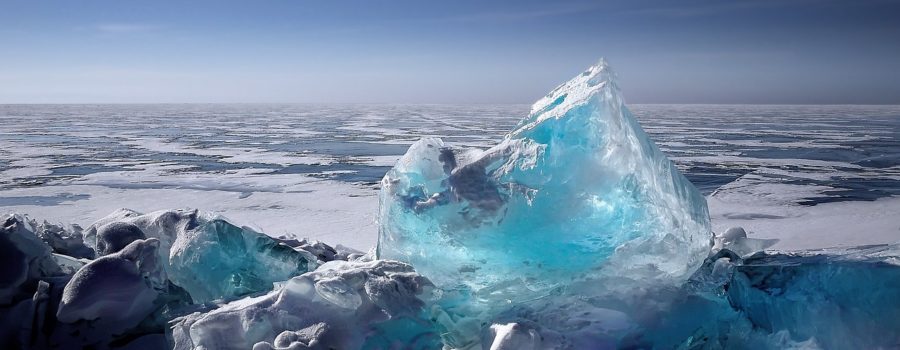By a margin of only five votes (some of which were a mistake) the EU has passed a new Copyright directive that includes two problematic components:
- Article 11 makes it illegal to aggregate online news articles (or “very short extracts” thereof) without a licence from the originating publication. The article doesn’t apply to non-commercial use but is intended to prevent news aggregator sites from using press content. The phrase “very short extracts” is problematic, though, because it has not been clearly defined: for example, would a headline or abstract violate this rule? More specifically: when you post a link on Twitter, currently, the site grabs a headline and some text to serve as a kind of thumbnail. Would that be a violation? The article does not provide clarity on what amount of text would be appropriate, and this will lead to confusion in implementation. At best, it will have to be tested; at worst, sites will just stop linking to content (“link chill”?) in order to avoid possible problems.
- Article 13 requires all commercial online platforms (for example: YouTube, Facebook, Instagram, Reddit or any other site that permits user uploads that might included copyrighted content) to make a “best effort” to ensure no copyright is being violated. Section 1 says these platforms must now obtain authorization from copyright holders before content is posted, and section 2 says that the authorization must also cover all users of the platform. Section 4 then says that all of these platforms are then liable for unauthorized communication of copyright-protected works.
The vote passed despite a petition with 5 million signatures and a 100,000-person protest this past weekend. Though the intent behind the directive – protecting the rights of creators – is noble, the articles are likely to have terrible, unintended consequences. YouTube, for example, already employs automated mechanisms to scan for possible copyright violations, and they’re a total disaster. YouTube is a dominant platform, too; these rules will force any new entrant to the market to make “best-effort” attempts to secure copyright licences and monitor content as well. This is a significant barrier to innovation for any platform that allows user contributions/participation.
Hope is not totally lost: EU member countries have two years to implement the new rules, and they may still change in the interim… but this is a dark day for the Internet. We already exist in a sphere where fear of copyright infringement leads to inhibition of content creation—so-called “copyright chill“—and regulations like these, even though they only mandate laws for EU countries, will make this chill worse.
This post’s featured image is by Simon Matzinger from Pixabay

